Iran, Japan largest victims of WMDs in 20th century: Rights official
The secretary of the Iranian Judiciary’s High Council for Human Rights has described Iran and Japan as the main victims of weapons of mass destruction (WMDs) in the 20th century, saying the two countries can join hands to establish a global disarmament movement.
During a meeting with Japanese Ambassador to Tehran Kazutoshi Aikawa on Saturday, Ali Baqeri Kani said the self-proclaimed Western advocates of human rights have “the darkest record” in violating other nations’ rights throughout the history.
“By creating a global WMD disarmament movement, Tehran and Tokyo can set up a front involving all human beings to confront those making, manufacturing, selling and using WMDs, bringing about peace and security to the world,” he added.
Baqeri Kani also invited Japan to join the initiative and expressed Iran’s readiness to cooperate with the Japanese side in this regard.
He stressed that the proposed global WMD disarmament movement is “inclusive, all-out and exception-less,” contrary to similar international treaties, which mainly exclude major world powers from disarmament.
“The nations of Iran and Japan are the largest victims of WMDs in the 20th century," the Iranian official said. "Hiroshima and Sardasht are a clear symbol of the US and European crimes against humanity."
On June 28, 1987, Sardasht, a small city in Iran’s West Azarbaijan Province, was targeted by chemical weapons supplied by the Western states to the regime of former Iraqi dictator Saddam Hussein.
The attack killed at least 110 Iranian civilians and injured another 8,000, leaving some of them permanently disabled.
Sardasht was the third city after Japan’s Hiroshima and Nagasaki to become the target of weapons of mass destruction.
The United States detonated two nuclear weapons over the two cities on 6 and 9 August 1945, respectively. The overall deaths attributed to the atomic bombings are estimated at between 129,000 and 226,000.
Elsewhere in his remarks, Baqeri Kani highlighted the problems of Iranians imprisoned in Japan, calling on the Japanese envoy to work towards improving their conditions and transfer.
Iran does not view human rights from a political perspective, and thus any initiative to help improve the human rights situation in the world, he emphasized.
The Japanese ambassador, for his part, referred to the age-old relations between Tehran and Tokyo, saying Japan's approach regarding rights issues is based on cooperation and dialogue.
Aikawa noted that he is following up the problems of Iranian inmates.
VIDEO | Hind Rajab Foundation names Israeli war criminals vacationing after Gaza genocide
VIDEO | Australians rally for Gaza ahead of Christmas festivities
VIDEO | Attacks on Sana'a
Iran reports further drop in annual inflation rate in December
Israel indicts two settlers over suspected spying for Hezbollah
Iran: US airstrikes on Yemen war crimes, violation of international law
Yemeni armed forces down F-18 fighter jet, repel US-UK attack: Spokesman
Iran warns against US-Israeli plot to weaken Muslims, dominate region


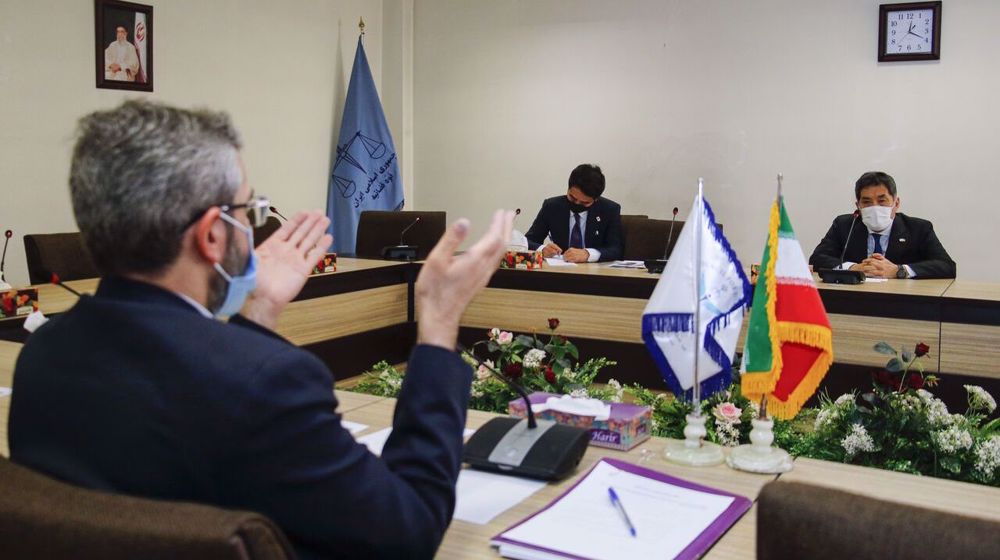






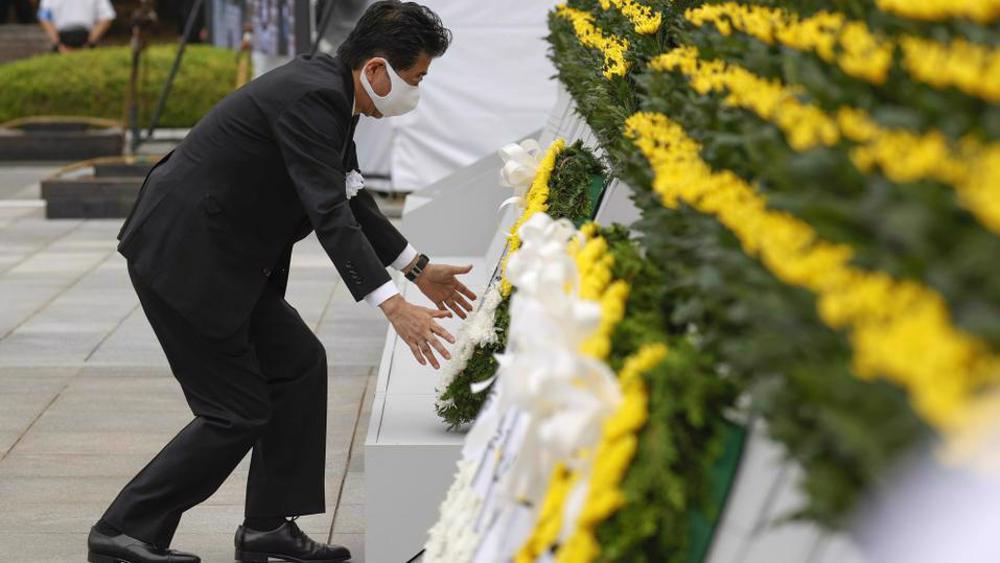
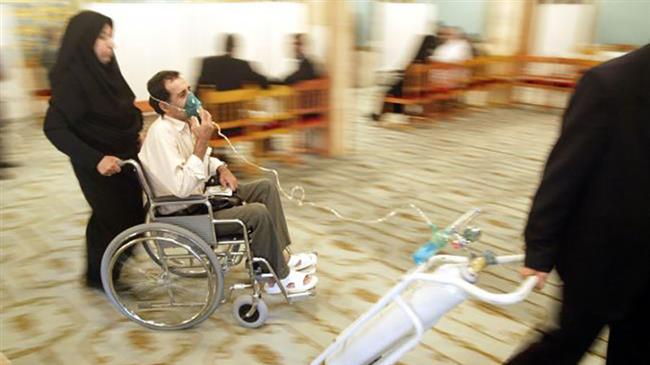
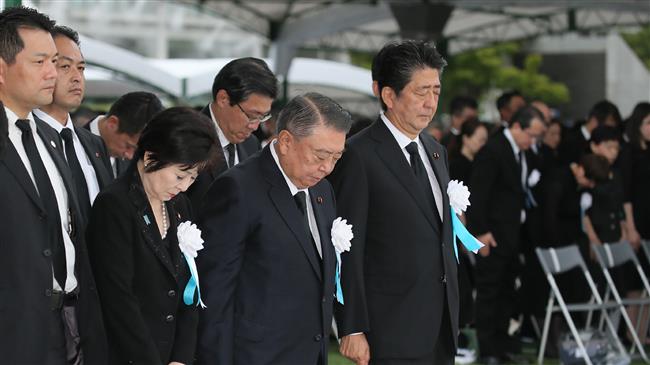
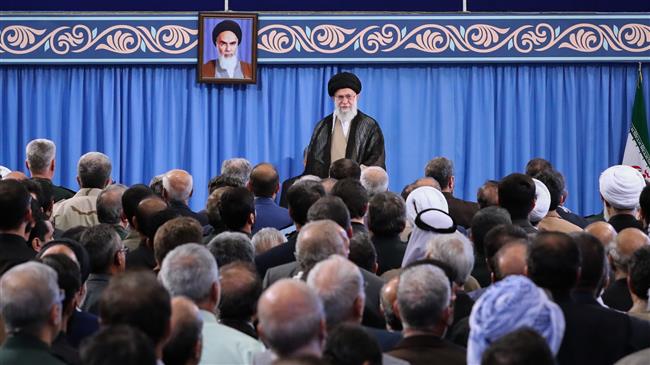



 This makes it easy to access the Press TV website
This makes it easy to access the Press TV website